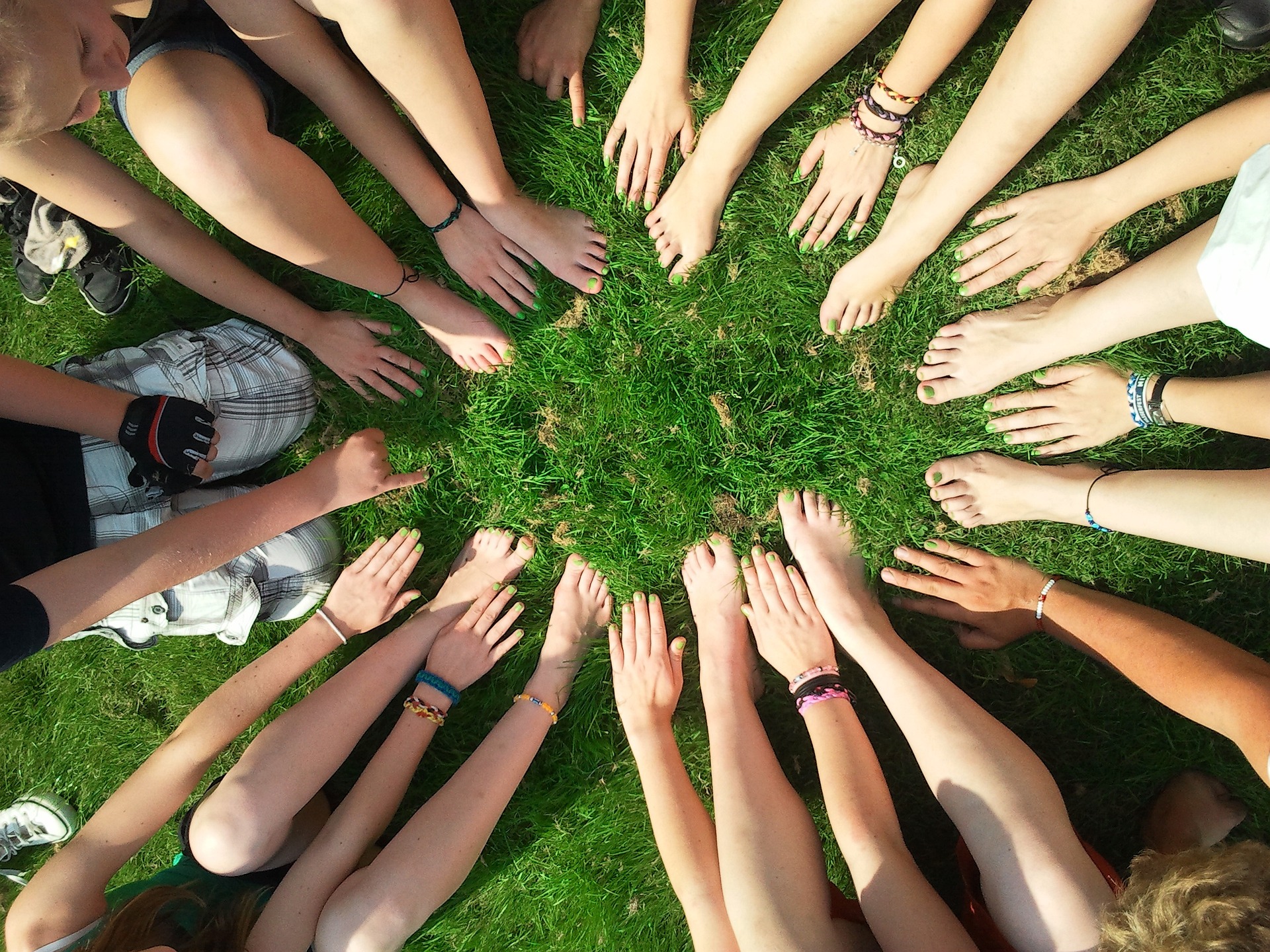Discovering the Emergence and Implications of Slow Living in a Fast-Paced Society
In a world that is increasingly fast-paced and chaotic, a cultural shift is quietly taking place. This shift, known as slow living, encourages individuals to step back and adopt a more mindful, intentional approach to life. It is a trend that is gaining momentum, challenging societal norms and redefining what it means to be successful and content.

Read below to delve deeper into the roots, current trends, and societal implications of slow living.
Tracing the Origins of Slow Living
Slow living emerged as a counter-cultural movement in the late 20th century, against the backdrop of accelerating technological advancements and a societal obsession with speed and productivity. The movement traces its origins to the Slow Food movement in Italy during the 1980s, which was a response to the fast-food culture and an endorsement of traditional food production methods. Slow living has since expanded to encompass various aspects of life, promoting mindfulness, sustainability, and quality over quantity.
Unpacking the Modern Manifestations of Slow Living
In the current cultural landscape, slow living manifests in various forms, from slow fashion and slow travel to slow parenting and even slow technology. These various strands share a common ethos of embracing slowness and intentionality as a response to the fast-paced, consumerist society.
Slow fashion, for instance, advocates for sustainable, ethical fashion choices, challenging the fast-fashion industry’s consumerist and environmentally damaging practices. Slow travel, on the other hand, encourages travelers to take their time, immerse themselves in local cultures, and minimize their environmental impact, offering an alternative to the mainstream tourism industry’s focus on ticking off bucket lists and photo opportunities.
Understanding the Societal Significance of Slow Living
While slow living might seem like a personal lifestyle choice, its implications extend far beyond individual lives. It is a form of cultural resistance, challenging the dominant societal values of speed, efficiency, and consumerism. By promoting mindfulness, sustainability, and a more balanced approach to work and life, slow living can potentially contribute to the creation of a more sustainable and equitable society.
Examining the Role of Slow Living in Shaping Modern Society
As slow living continues to grow in popularity, it is shaping societal norms and expectations in subtle yet profound ways. The movement is not just about slowing down but about redefining success and happiness. It challenges the conventional wisdom that more is better, questioning the relentless pursuit of material wealth and productivity at the expense of well-being and environmental sustainability.
Moreover, slow living offers a critique of our increasingly digital, fast-paced lifestyles. It invites us to reclaim our time and attention from the grip of digital devices and constant connectivity, paving the way for more meaningful, genuine human interactions.
Navigating the Future: The Continued Relevance of Slow Living
Looking ahead, slow living’s relevance is likely to grow, given the increasing societal concerns about mental health, environmental sustainability, and social inequity. While it is not a panacea for these complex issues, slow living provides a valuable framework for individuals and societies to navigate the challenges of modern life.
In conclusion, slow living is more than a lifestyle trend. It represents a paradigm shift in how we approach life and society, offering a counterpoint to the exhausting pace of modern living. As we move forward, slow living provides a roadmap for a more mindful, sustainable, and balanced lifestyle. It continues to challenge, influence, and shape our societal norms, making it a significant cultural phenomenon worth watching.





